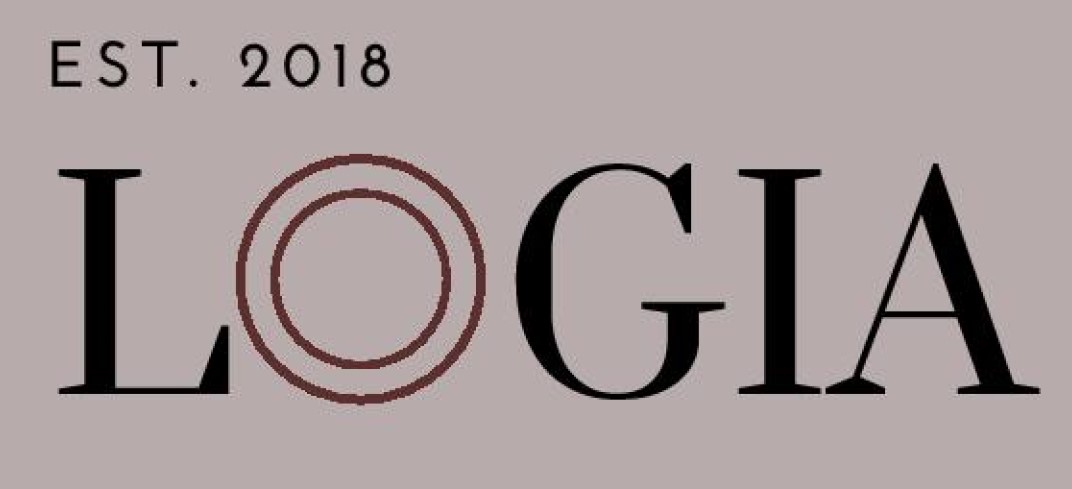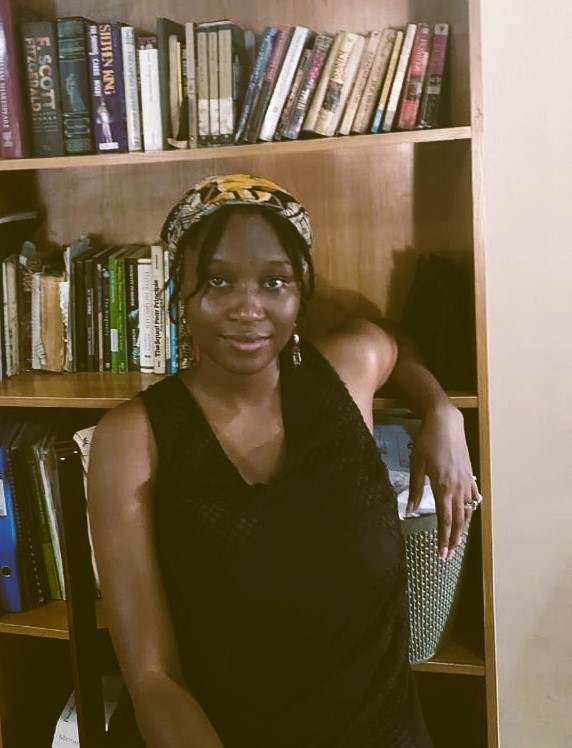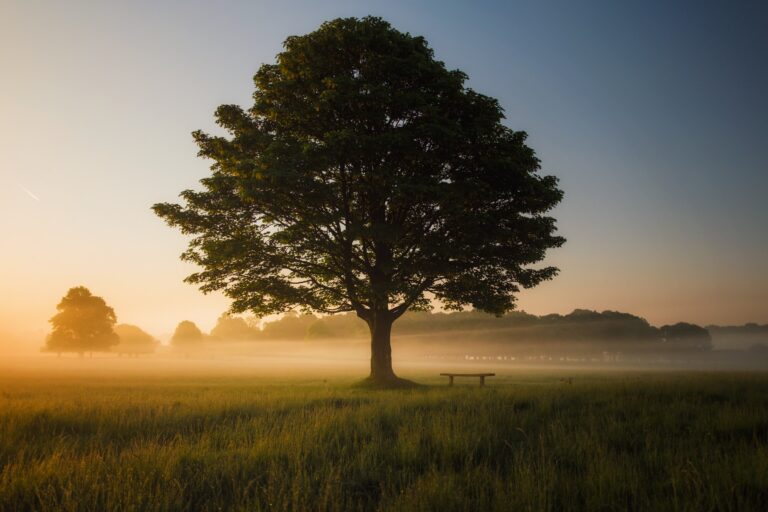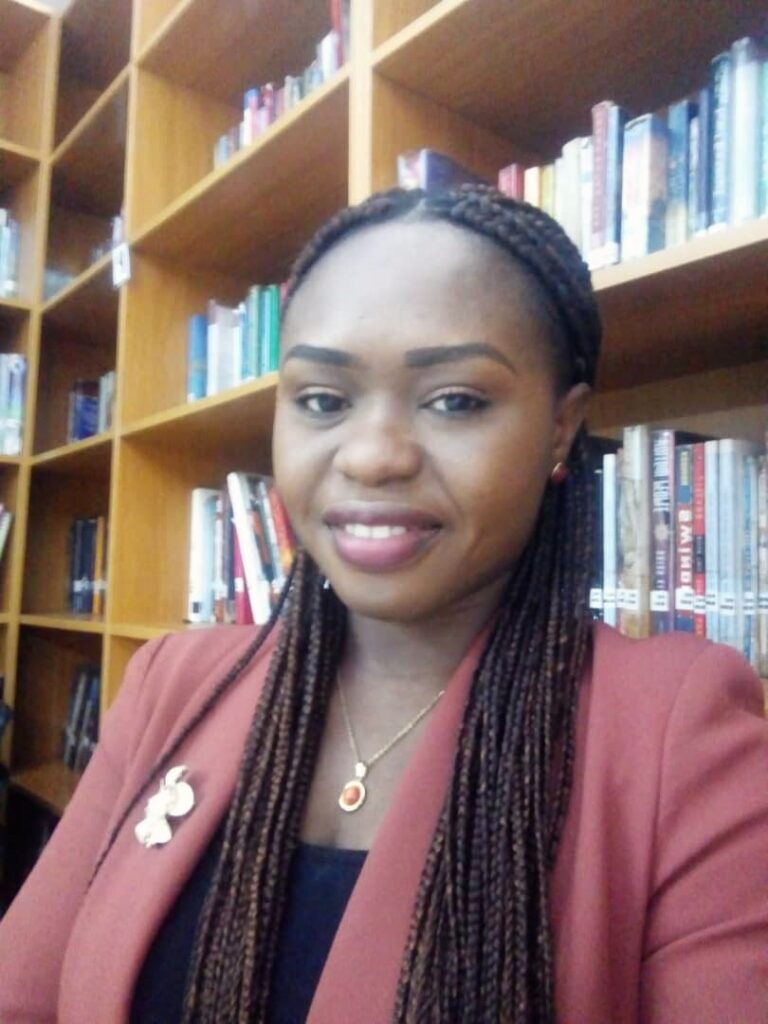1. You have two distinct stories in this collection. Is there anything that connects them?
I don’t think there is any clear connection. Spite is a story about vengeance while The Birthing House is about coming to terms with your connection to longstanding societal norms. I’m not sure that there is any obvious connection.
2. In The Birthing House, the themes are around motherhood and the pressures of being a woman, do you consider yourself a feminist writer?
I consider myself a feminist. I consider myself a writer. Occasionally the twain meet. I try not to relegate myself to being a specific kind of writer. I am more interested in all the worlds I can explore through writing. I like the idea that I can invent or visit new places. I like the idea that I can unravel a story in my imagination and on the page. It’s not genre specific per se. So, no. I don’t particularly consider myself a feminist writer. But, like other things that take centre stage in my personal life, feminism often makes a vocal appearance in my work. I hope it continues to do so.
3. In Spite you paint a grim picture of revenge, are those themes you are comfortable with or was writing that a struggle?
In a way both. I think – and maybe I’m about to overshare and reveal something odd about myself here – that we all have internal fantasies where we imagine what our reactions would be in specific instances. I think my internal fantasy life is very vengeful. I think I explore those emotions internally, so I don’t have to succumb to them externally.
However, I was uncomfortable about many aspects of how this short story unfolded. Not to give too much away, but I definitely squirmed writing parts of it. I also surprised myself by how calm I was while writing some of the more brutal scenes.
4. What kind of writer do you consider yourself?
I wish I had an answer for that. I try not to think about it too much anymore. I am what I am. I love the opportunity to get lost in writing, the way one might get lost in reading. When I was starting out, I thought this meant I was better suited to writing sci fi or fantasy. While I enjoy those genres, I don’t know that I shine that much in them as a writer.
I guess, if pushed, I would describe myself as an organic writer, not so much in terms of genre but certainly in terms of process. I am addicted to going with the flow, to riding the wave. It is always an exciting prospect, a journey with no obvious or predetermined destination.
5. Your characters seem to reflect no particular nationality, is that intentional?
Very. I feel like I’ve moved around quite a bit and one thing that I’ve noticed – despite rumours stating otherwise – is that human beings are all the same, no matter where you find us. That does not mean we don’t have individualism or unique personalities. Just that character traits don’t alter much due to obvious factors like race or geography. I like the idea of the ‘Everyman’, characters that we can all wear like clothes and see through their eyes, characters that can spawn anywhere and not necessarily look out of place.
6. Do you have any no-go areas, things you will not write about?
I’m sure they exist. I haven’t happened upon them yet. I think I am more likely to find areas I CAN’T write in, simply because I don’t have a clear understanding of them yet. But I don’t put any limits on myself like not touching a subject. I will try, at the very least. Success may vary.
7. What kind of writers inspired you along the way?
My journey with reading has always been rather simplistic: I will read absolutely anything I can get my hands on. As a result, I cannot exactly reel off names of writers that have inspired me with any great coherence because they have all taught me something.
Charles Dickens taught me to charge by the word. John Grisham taught me to write what I know. Thomas Harris and Stephen King taught me a lot about the fantastically terrifying and made me comfortable with fear in the context of literature. Dean Koontz taught me that your ideas can be crazier. Toni Morrison taught me to write with visceral honesty. Angela Carter taught me to reimagine the world as I know it. Wole Soyinka taught me that my ideas can exist off the page. Carol Ann Duffy taught me there is still room in our modern world for poetry…I could go on.
8. What are you reading now?
Ben Okri – The Famished Road. A gift from my husband. Cannot believe it took me this long to read Ben Okri!
9. What is your writing process like?
At best, non-existent. I am very much the writer that waits for the muse. It’s not that I cannot write without that inspiration. I write just fine without it. But I LOVE what I write with it so much more. Once I find that light, it feels like it just pours out of me. I can see the people I’m writing vividly. I can walk through their world unseen and document their lives in as much detail as I desire.
10. What can we expect from you in the future? Are you working on anything at the moment?
Well, these stories are some of the more recent things I have written, surprisingly. I have a novella that should be coming to the Logia Books e-bookstore this year. It’s really the first thing I ever completed, and I am excited for it to be published. We won’t talk about the things I am writing about now because I still might burn it all.



